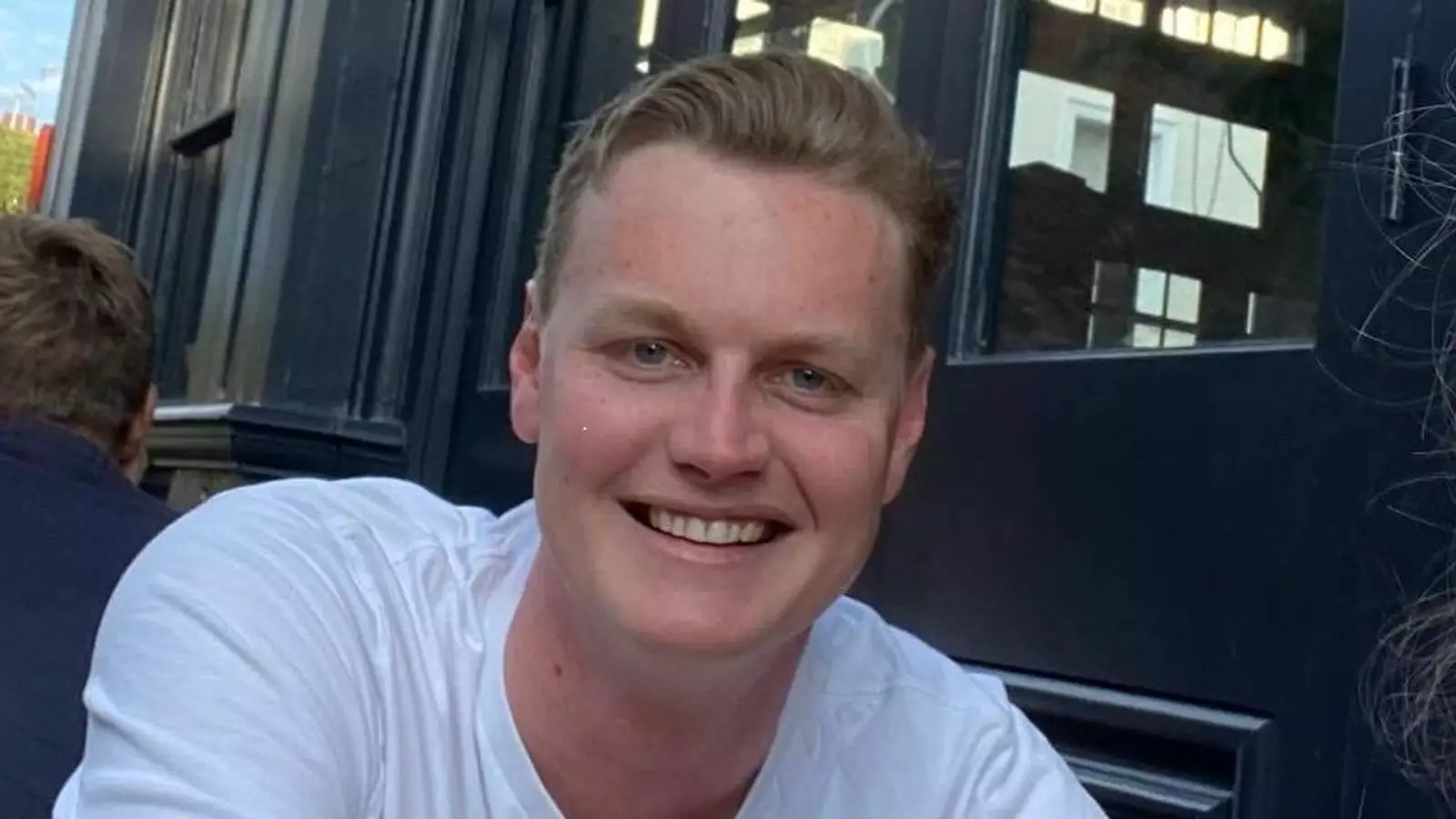The recent terror attack in New Orleans has left a profound impact, not just on the local community but also on families and individuals far beyond its borders. The loss of Edward Pettifer, a 31-year-old British man, has drawn international attention to this horrific event. Pettifer’s untimely death serves as a stark reminder of the indiscriminate nature of violence that terrorism represents. Moreover, the deeper implications of such tragedies extend beyond the immediate tragedy; they ripple through families, friendships, and society as a whole.
News outlets reported that Edward Pettifer, who hailed from Chelsea in west London, suffered fatal injuries as a result of a brutal attack where at least 14 others lost their lives and countless others were injured. In light of his tragic death, Pettifer’s family expressed their devastation, highlighting the emotional turmoil that follows the loss of a loved one in such unexpected circumstances. Their plea for privacy as they navigate their grief underscores the personal cost of public terror—a consequence that often gets overshadowed by broader narratives of terrorism and violence.
The New Orleans attack, which has been described as premeditated and inspired by extremist ideology, fundamentally raises questions regarding the motivations behind such heinous actions. The individual identified as Shamsud-Din Jabbar, a 42-year-old army veteran, reportedly committed the crime using a rented truck, ramming into a celebration on Bourbon Street during New Year’s celebrations. This shocking act pitted innocence against a backdrop of fear and violence, culminating in chaos and tragedy within what should have been a festive moment of joy.
The attack’s aftermath has brought forth a chilling narrative of Jabbar’s pre-attack behavior, including the FBI’s revelations about his affiliations and intentions linked to ISIS. It highlights a worrying trend in which individuals become radicalized and act on extremist ideologies, ultimately taking innocent lives captive in their malignant plot. Notably, Jabbar had communicated intentions through social media, indicating that preemptive measures may not always be effective in preventing such tragedies—a hard realization for law enforcement and communities.
Attacks like the one in New Orleans are not isolated incidents; they are part of a broader context of rising concerns regarding domestic and international terrorism. The emergence of social media as a tool for radicalization presents significant challenges for authorities trying to monitor and counteract these threats. The accessibility of platforms to spread extremist ideologies makes it ever more critical for society to engage with preventive strategies that focus on education, awareness, and resilience against hate.
The statistics surrounding terrorism are staggering. With numbers indicating thousands of lives lost to acts of terrorism over recent years, the emotional and psychological effects on communities continue to expand. The victims of these attacks cannot be reduced to mere data; rather, each represents a person, a family, and a network of relationships that reverberate through society.
In the wake of such tragedy, how communities respond plays a crucial role in the healing process. Expressions of sympathy from public figures, including King Charles III’s condolences to the Pettifer family, offer a realm of connection and support that can help individuals cope with their loss. As communities unite in grief, it is imperative to find avenues to foster dialogue about resilience in the face of violence.
Ultimately, the way forward requires an introspective analysis of societal values and the methods used to combat extremism. As the world grapples with the complexities imported by radical ideology, it must also prioritize compassion, empathy, and community cohesion. A collective commitment to understanding the human cost of terrorism, fostering mental wellness, and actively working to prevent future occurrences may provide the framework necessary to counteract the tide of violence that seeks to infiltrate society.
The tragedy experienced in New Orleans serves not only as a moment of mourning but as a call to action for communities worldwide to engage in meaningful discussions addressing the roots of terrorism and the importance of preserving the sanctity of human life.


Leave a Reply